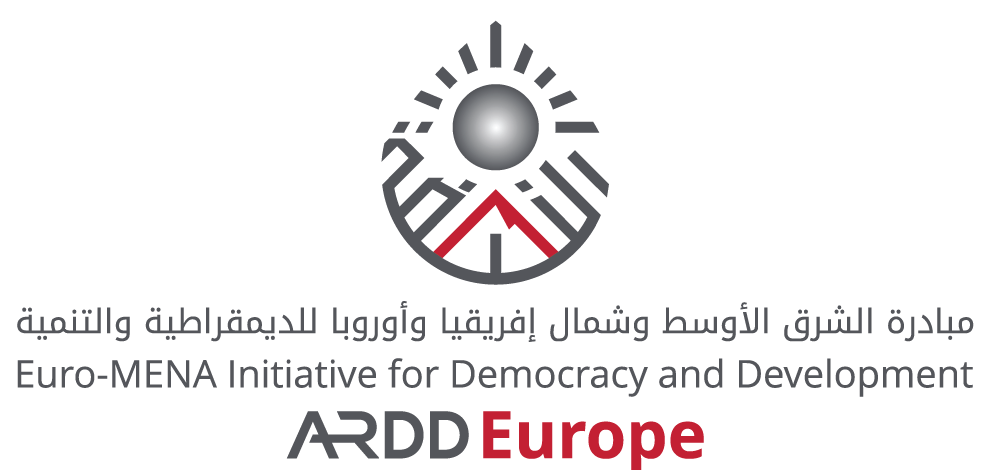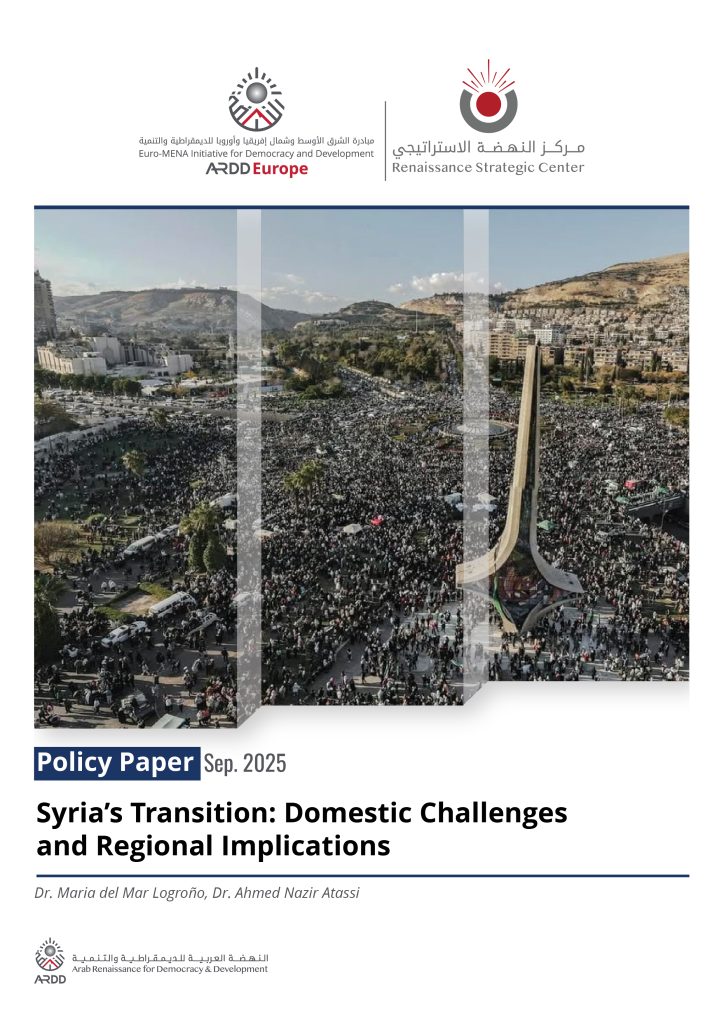The rapid shift in Syria’s political landscape has triggered a fast-moving realignment of international and regional stakeholders. Following more than a decade of protracted conflict, Ahmad Sharaa, leader of Hay’at Tahrir al-Sham (HTS), a former splinter faction of al-Qaeda, has assumed the presidency. His transitional government, while facing internal instability, has received backing from Türkiye, Qatar, and Saudi Arabiawhile maintaining cooperative relations with Russia.
Despite these shifts, Syria remains in a fragile stateinfrastructure devastation, and a massive displacement crisis with over 4.5 million registered refugeesneighboring countries and elsewhere, alongside over 7 million internally displaced populationhandover of power has been set within a three-to-four-year transition period, key challenges remain in ensuring political stability, economic reconstruction, and social reintegration. Moreover, trust in the transitional government remains low among Western countries, including the European Union, which remains wary of legitimizing a government led by a former jihadist figure and has conditioned engagement on demonstrable commitments to governance reform and human rights protections.
The brief follows Syria’s emerging governance options; the direct impact in neighboring countries, particularly Jordan, Lebanon, and Iraq, where governments are adjusting their security policies, trade relations, and refugee strategies in response; and finally explore the European Union’s position, as it faces critical policy decisions, balancing diplomatic engagement, humanitarian assistance, and reconstruction aid with the need for political conditionality and human rights safeguards.

